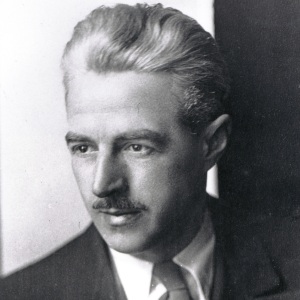Reading Selected Letters of Dashiell Hammett 1921-1960, and less than halfway through a book that totals more than 600 pages, it saddens me to realize that by this point in his life, in 1944, as he was stationed in the army at Adak, one of the Aleutian islands off the mainland of Alaska, Hammett’s career as a fiction writer already had been over for ten years. Perhaps “sadden” is the wrong word. The more I think of it, the more I’m disappointed. Not because Hammett stopped writing fiction after a relatively short but brilliant career that included such masterpieces as Red Harvest and The Maltese Falcon, though there is that, but rather because when I began reading the Selected Letters, I had hoped that what Hammett had to say about his stories and novels would allow me to relive them from a different angle, perhaps giving the illusion that he’d put out more fiction than he actually had. However, in true tough-guy fashion—which I’m not really sure Hammett was, given the generally cheery nature of his letters—he says almost nothing about his writing.
In the end, though, that’s good. In his reticence to talk about his fiction, Hammett has thrown his stories back to me. I can’t associate a novel or story with an anecdote, even though he occasionally alludes to characters from one story or another being based on actual people he knew, nor can I know what he had in mind when he was writing, though I hold such claims with skepticism anyhow because the pleasures of reading, and writing even, are hardly limited to authorial intention. By not talking about his fiction, by not anchoring his stories or novels to particular anecdotes or ideas, Hammett relinquished ownership of them, though he didn’t fully give ownership to his readers, either. Because, from a lifetime of reading, I can assure you that those stories, as is true of all stories, are protean, never the same from one reading to the next. True, unless we’re discussing translated literature or works that have been published in different editions, the words remain the same as when initially published, but I have noticed that the experiences I bring to a story that I’m rereading, from having already read it and from the new conditions of my life, color what I notice and how I react to it, so that it seems merely academic to refer to it as being exactly the same story. And if that’s true, how could I ever own it? The stories don’t exactly belong to me or Hammett. They belong to their reading and having been read.

